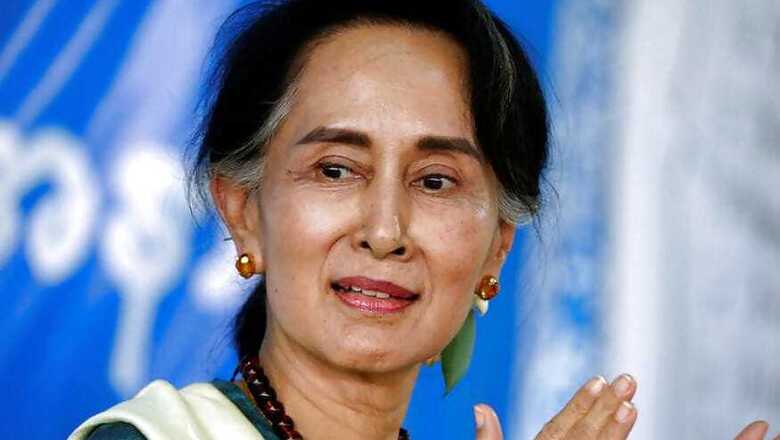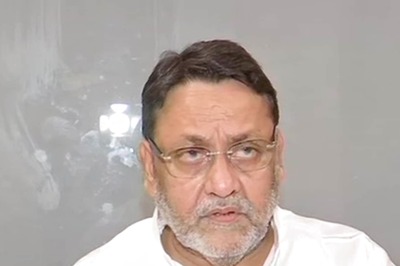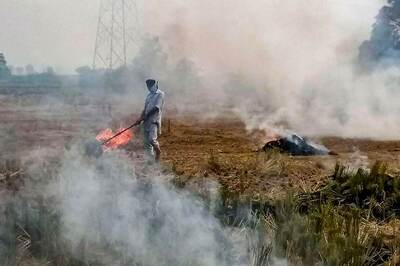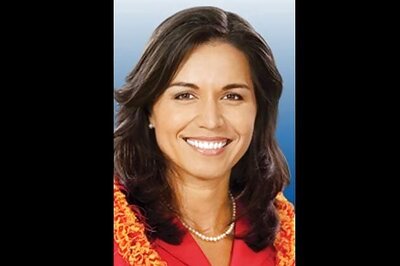
views
Yangon: Aung San Suu Kyi has denied security forces have carried out ethnic cleansing of Rohingya Muslims in Myanmar, speaking to the BBC after the UN rights council agreed to investigate allegations of rape, murder and torture against the army.
Rights groups say hundreds of the stateless group were killed in a months-long army crackdown following deadly attacks on Myanmar border police posts.
Myanmar's de facto leader Suu Kyi, a Nobel Laureate whose international star as a rights defender is waning over the treatment of the Rohingya, has not spoken out in defence of the persecuted minority.
She has also not condemned the crackdown, which UN investigators who spoke to escapees said likely amounted to ethnic cleansing and crimes against humanity.
Instead she has called for space to handle the incendiary issue in a country where the more than one million Rohingya are widely vilified as illegal immigrants from Bangladesh.
"I don't think there is ethnic cleansing going on," Suu Kyi said in a rare interview televised on Wednesday.
"I think ethnic cleansing is too strong an expression to use for what is happening."
Most Rohingya are denied citizenship. Tens of thousands have languished in displacement camps since 2012 when religious violence between Muslims and Buddhists tore through Rakhine State, which borders Bangladesh.
Army Writ Runs Strong
The latest violence unfurled in October last year when scores of armed militants claiming to represent Rohingya rights ambushed police border posts, prompting the army to lockdown a remote wedge of land during extensive air and ground "clearance" operations.
Last month the UN rights council agreed to send a fact-finding mission to examine allegations of torture, murder and rape allegedly committed by troops.
Suu Kyi told the BBC there was "a lot of hostility" in Rakhine, which borders Bangladesh.
"It is Muslims killing Muslims, as well, if they think they are collaborating with authorities.
"It is not just a matter of ethnic cleansing. It is a matter of people on different sides of a divide, and this divide we are trying to close up. As best as possible and not to widen it further," she said.
Myanmar has launched its own domestic probe into possible crimes in Rakhine and appointed former UN chief Kofi Annan to head a commission tasked with healing long-simmering divisions between Buddhists and Muslims.
Suu Kyi said the army was "not free to rape, pillage and torture".
"They are free to go in and fight. And of course, that is in the constitution... Military matters are to be left to the army," she said, adding that she aimed to amend the constitution which allows the military total control of defence.
In the interview Suu Kyi tired to reassure those who fled that "if they come back they will be safe".
Her National League for Democracy (NLD) faced the ballot box on Saturday in by-elections across the country, winning a string of seats but losing out in ethnic minority areas including Rakhine.
















Comments
0 comment